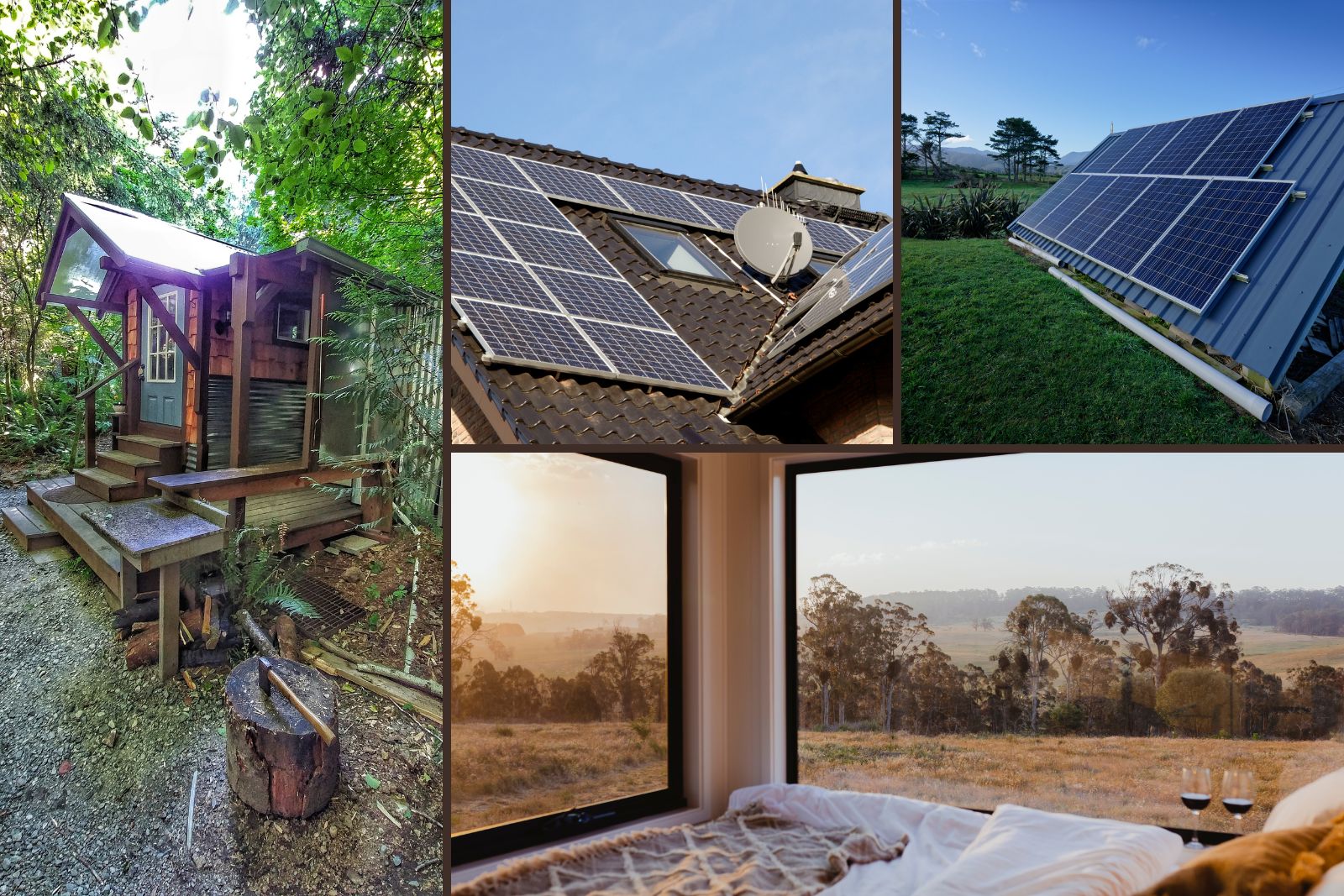Off the Grid Living Synthesis Essay: Escape the urban sprawl and embrace a life less ordinary. This essay delves into the captivating world of self-sufficiency, exploring the myriad facets of disconnecting from the grid – from the romantic allure of homesteading to the practical challenges of resource management. We’ll examine the environmental impact, the social dynamics, the economic realities, and the technological innovations that shape this increasingly popular lifestyle choice, ultimately questioning whether this path is a utopian dream or a realistic alternative for the future.
Imagine a life where your energy comes from the sun, your water from the rain, and your food from the earth. This isn’t a fantasy; it’s the reality for a growing number of people choosing off-grid living. But what does it truly mean to live “off the grid,” and what are the implications of such a radical lifestyle shift?
This essay explores the multifaceted nature of this choice, weighing its environmental, social, economic, and technological aspects to paint a comprehensive picture of this increasingly relevant movement.
Defining “Off the Grid” Living: Off The Grid Living Synthesis Essay
Off-grid living represents a deliberate departure from reliance on centralized infrastructure and utilities. It’s a spectrum of lifestyles, unified by a commitment to self-sufficiency and a reduced environmental footprint, but varying widely in the degree of isolation and technological dependence. This encompasses a diverse range of choices, from those who maintain partial connections to the grid while minimizing their consumption to those who strive for complete autonomy in a secluded environment.Off-grid living is not a monolithic concept; it exists along a continuum.
At one end, we find individuals who maintain some grid connections, perhaps using solar panels to supplement grid electricity or relying on a well for water while still accessing municipal sewage systems. At the other extreme are those who live completely isolated, generating all their own power, collecting their own water, and managing their own waste entirely independently.
The degree of self-sufficiency chosen often reflects personal values, available resources, and practical limitations.
Approaches to Off-Grid Living
Several distinct approaches characterize off-grid living, each with its unique advantages and challenges. Homesteading, for instance, emphasizes self-sufficiency through agriculture, animal husbandry, and the construction of one’s own dwelling. This model typically involves a larger property, allowing for extensive food production and resource management. In contrast, tiny house living prioritizes minimalism and portability, often involving smaller, more mobile dwellings designed for efficient living in a variety of locations.
Van dwelling, a more nomadic approach, utilizes a converted van as both home and transportation, allowing for greater flexibility and exploration. Each method demands a different skill set and resource commitment.
Resource Consumption Comparison of Off-Grid Living Styles, Off the grid living synthesis essay
The following table compares the resource consumption of three prominent off-grid living styles. It is important to note that these are generalizations, and actual consumption will vary based on factors such as location, climate, and individual lifestyle choices.
| Lifestyle | Water Source | Energy Source | Waste Management |
|---|---|---|---|
| Homesteading | Well, rainwater harvesting | Solar panels, wind turbine, generator | Composting toilet, greywater recycling |
| Tiny House Living | Municipal water (potentially), rainwater harvesting | Solar panels, potentially grid connection | Septic system (potentially), composting toilet |
| Van Dwelling | Municipal water (frequently), rainwater harvesting (limited) | Solar panels, potentially generator | Wastewater holding tanks, limited composting options |
Ultimately, the allure of off-grid living lies in its promise of a simpler, more sustainable existence, a return to a more fundamental connection with nature. However, the reality is nuanced, demanding careful consideration of environmental impact, economic feasibility, and personal resilience. While not a universally accessible option, the exploration of off-grid living offers valuable insights into our relationship with the environment and the potential for a more sustainable future, challenging us to rethink our consumption habits and our connection to the natural world.
It’s a journey of self-discovery, resourcefulness, and a profound re-evaluation of what truly matters in life.
FAQ Insights
What are the legal implications of off-grid living?
Legal regulations vary drastically by location. Building permits, land use restrictions, and water rights are key considerations. Research local ordinances before embarking on an off-grid project.
How do I finance off-grid living?
Financing can involve savings, loans, crowdfunding, or selling existing assets. Careful budgeting and a realistic assessment of startup and ongoing costs are crucial.
What about healthcare access in off-grid communities?
Access to healthcare can be limited. Remote telehealth options, preventative measures, and strong first-aid skills are essential. Proximity to a hospital or clinic is a significant factor in location selection.
Is off-grid living suitable for families with children?
While challenging, many families successfully raise children off-grid. Careful planning, community support, and homeschooling options are often involved. The experience can foster independence and resilience in children.
Enhance your insight with the methods and methods of off grid living yukon.


